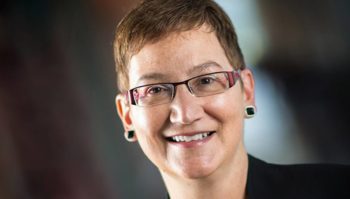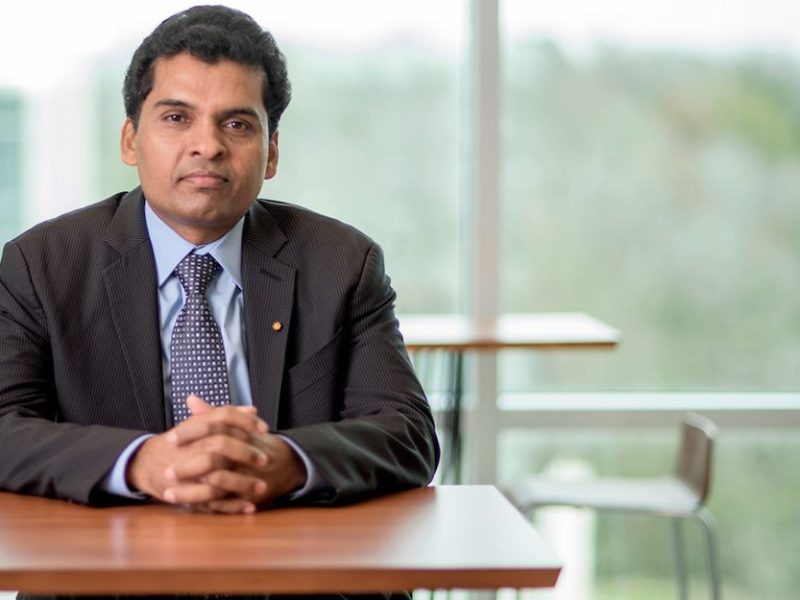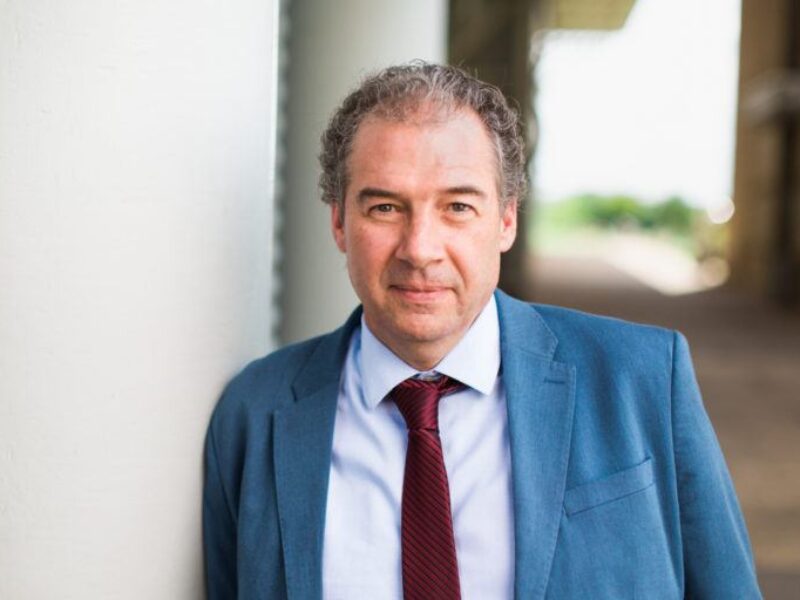Time’s Up For Inequality And Harassment In Healthcare
Health care institutions must commit to eliminating sexual harassment in medicine, science and health care. Four American leaders in the field voiced their support of a gender equity #TimesUp movement through a letter published by The Lancet.
Sexual harassment is an enduring problem in scientific fields, and especially in medicine. Examples of abusive and discriminatory treatment continue to emerge. Reports have shed light on sexual harassment and assault of trainees doing scientific fieldwork, manipulation of entrance examination scores to limit the number of women at a Japanese medical school and the unremitting gender pay gap in medicine and science in North America.
“In the past year, we’ve realized medicine is one of the worst among the sciences,” said lead author Esther Choo, MD, MPH, associate professor of emergency medicine in the Oregon Health & Science University School of Medicine in Portland, Oregon. “And we have a particular shame and obligation to fix it.”
The potential impact of moving from #MeToo to #TimesUp in medicine and science is no less important than for entertainment and media, the authors write.
“As an educator, I feel an obligation to address the hidden curriculum,” said Carrie L. Byington ’85, MD, vice chancellor for health services at The Texas A&M University System, senior vice president of the Texas A&M Health Science Center and dean of the Texas A&M College of Medicine. “We owe it to our students to end the culture of tolerance that perpetuates gender inequity and harassment. The #TimesUp movement can create an environment that values accountability, where each person has the opportunity to reach their full potential and contribute their knowledge and skills to improving health.”
Choo and Byington were joined by Niva Lubin-Johnson, MD, FACP, senior attending physician with Mercy Hospital and Medical Center at the University of Illinois, and Reshma Jagsi, MD, DPhil, director of the Center for Bioethics and Social Sciences in Medicine at the University of Michigan.
Aside from the fact that health care represents one of the largest sectors of employment in the world, Choo said that providing safe and productive workplaces for women is essential in providing high-quality care to patients.
The commentary is part of a special issue of The Lancet on focused on advancing women in science, medicine and global health.
Adapted from an Oregon Health & Science University School of Medicine release authored by Erik Robinson
This article by Christina Sumners originally appeared in Vital Record.






